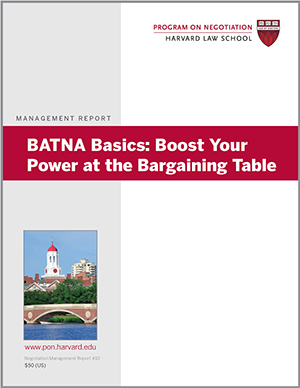
In their negotiation training, police and professional hostage negotiators are taught skills that will help them defuse tense situations over the course of long phone calls, such as engaging in active listening, determining the person’s emotions from his or her inflection, and trust building.
These crisis negotiators are being put to the test by young criminal suspects and others in crisis, whose first instinct increasingly seems to be texting rather than talking, according to an Associated Press article.
Back in 2014, Red Bank, Tennessee, police chief Tim Christol told the Associated Press that the usual negotiation skills he teaches don’t translate to texting, such as emotional labeling in the form of a statement such as “You sound angry.” Without verbal cues, Christol says, it becomes much more difficult to understand the emotional state of the person in crisis, and misunderstandings are common. “Words are only 7 percent of communication,” he says.
Members of the “millennial generation”—people born between the late 1970s and the early 1990s—are often more comfortable with short digital messaging, such as text messages, than they are with face-to-face discussion, suggests research by Livia Levine of the Wharton School at the University of Pennsylvania.
When a hostage taker or other person in crisis insists on texting, crisis negotiators, with no obvious alternative, have little choice but to comply. As a result, Christol and other police and FBI trainers are beginning to teach their trainees to address the specific challenges of negotiating a crisis via text. Their chief goal: get the troubled individual to stop typing and put the phone to his ear.
In 2011, Kalamazoo, Michigan, police negotiator Andres Wells was unprepared when a suspect in a gas station robbery and high-speed car chase who was threatening suicide began ignoring his phone calls and instead sent a text. In his three years as a police negotiator, Wells had never even considered the idea of negotiating via text.
After his initial text, in which he asked the police to contact his girlfriend, the suspect was initially unresponsive. But as Wells continued typing to him, the suspect finally admitted that he would like some water. He eventually let down his guard and agreed to accept a phone call from Wells. Fifteen minutes later, he surrendered.
The drawbacks of conducting crisis negotiations via text parallel the challenges of conducting business negotiations via email. Negotiation research refers to email as an “impoverished” mode of communication because it lacks the visual and vocal cues that foster understanding and trust in face-to-face talks.
Studying the results of a game played by “millennial generation” undergraduate and MBA students that included elements of negotiation, Levine found in her research that single-line computer messages elicited more cooperative behavior than did in-person communication.
The ubiquity of electronic communication during their lifetime may lead younger negotiators to naturally prefer e-mail and text messages to face-to-face meetings. And it seems in some cases, they may perform unexpectedly well in these impoverished environments.
What are your takeaways from this negotiation example? Let us know what you think in the comments.
Originally published in 2014.





Good Article . I am referring this article to my colleagues
Regards ,
Ebin V Thomas
Director
https://www.ucartz.com
I have mixed feelings about this. From experience, text messaging is the least effective method of communicating especially when one needs to convey an important message. Text messaging should be left for simple communication where the tone of voice is irrelevant.
With this newfound way of hostage negotiation are police looking for new faces on their negotiation teams or will they continue with their current staff and train them to negotiate via text?
Sometimes, email or fax communication may lead to a good result, or at least a sufficient one. For instance, when lawyers have to negotiate with Insurance Companies, about damages caused from a car or labour accident to their clients. This mostly happens when the Insurance offices are far away from the lawyer’s offices and/or the lawyer has luck of time to visit the Insurance and negotiate face to face. I could even say that writing in a specific way by using negotiation tactics, phrases, numbers etc, could have a better and more powerful negotiation
I tend to warn readers in concluding that the use of email or texting could be a valuable way of negotiation. There are many examples showing that this approach can cause a lot of misunderstandings fo many reasons. And by the way: who would think that talking or texting to a hostagetaker under pressure has a relation to win-win negotiations? The situation is closer to a preventing immediate loss.